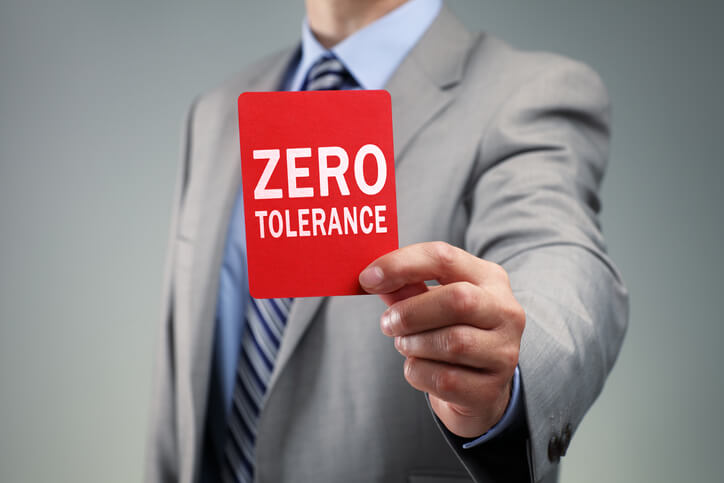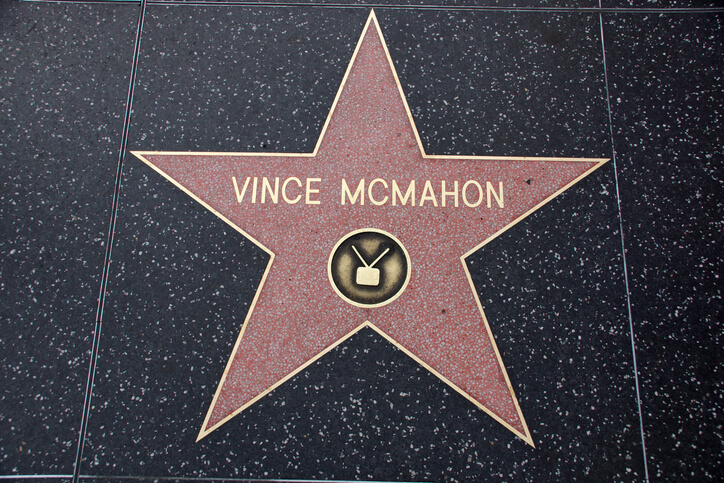Losing a job can be a challenging experience, filled with uncertainty and stress. However, a well-negotiated severance package can offer a silver lining, providing financial support and benefits during your transition. Here’s how you can navigate this pivotal moment with strategy and poise.
Understanding Severance Packages
The Rise of Quiet Quitting and Its Implications
Have you ever caught yourself clocking in and out, ticking off tasks with the enthusiasm of a robot, yet not quite ready to throw in the towel? That is what has become known as "quiet quitting."
It's not about leaving the job but rather disengaging from the hustle beyond...
Milana Dostanitch FEATURED in: Here’s Who Could Loan Trump $540 Million
Being Donald Trump is getting even more expensive. The former president is a billionaire, but now he owes roughly $454 million (and counting, with more than $110,000 in interest accruing per day) to New York State after a judge found his companies guilty of repeated fraud. Trump also owes some $88 million...

Invisible Bias: Subtle Signs of Pregnancy Discrimination at Work
Pregnancy should be a time of anticipation and joy, but for working women in New York City, it becomes a period marred by discrimination. Pregnancy discrimination remains a significant yet often unaddressed issue in some workplaces. This form of bias can manifest in both subtle and overt ways, making it crucial for...

Workplace Surveillance in NYC: Balancing Privacy and Employer Needs
Today, employers have all types of technological tools at their disposal to conduct surveillance in the workplace. Employees across multiple industries find themselves under the watchful eye of electronic monitoring tools such as AI-enhanced cameras, keystroke tracking software, and sophisticated micro-trackers embedded in mouse devices, among others.
These technologies...

Gig Workers in the Big Apple: Understanding Your Rights and Risks
The gig economy is thriving in New York City. From ride-share drivers weaving through the bustling streets to freelance writers creating website copy, gig workers are everywhere. At Lipsky Lowe, we understand the unique challenges you face in this diverse work environment. Let’s take a look a your employment rights as a...

Remote Work Rights in NYC: A Legal Landscape in Flux
The COVID-19 pandemic accelerated the shift to remote work, which was already on the rise due to technological advances. Currently, more employees are working from home and other nontraditional spaces, including coworking spaces and home offices.
As the remote work trend continues to grow, employers and employees must understand...

Navigating the NYC Complaint Process: What to Expect After Reporting Sexual Harassment
Sexual harassment in the workplace is an unsettling and unfortunately common issue. In New York City, employees facing such misconduct have a structured complaint process to seek justice and protection. Understanding this process is crucial for any individual who finds themselves in this difficult situation. This blog aims to guide you through...

New York City’s Anti-Harassment Law: What Employers Need to Know
New York City's comprehensive anti-harassment law helps to foster a safe and respectful workplace, essential for both employers and employees. By setting clear standards and legal guidelines, it underscores the importance of a harassment-free environment.
At Lipsky Lowe, we provide employers with actionable advice on establishing robust policies and...

Unmasking Power and Abuse: The Vince McMahon Case Uncovered
The legal community and the public alike are closely watching a groundbreaking lawsuit filed against Vince McMahon, the former CEO of WWE. This case, involving allegations of sexual abuse and sex trafficking, highlights the complex and often hidden realities of workplace misconduct.
At Lipsky Lowe, we are dedicated to...

